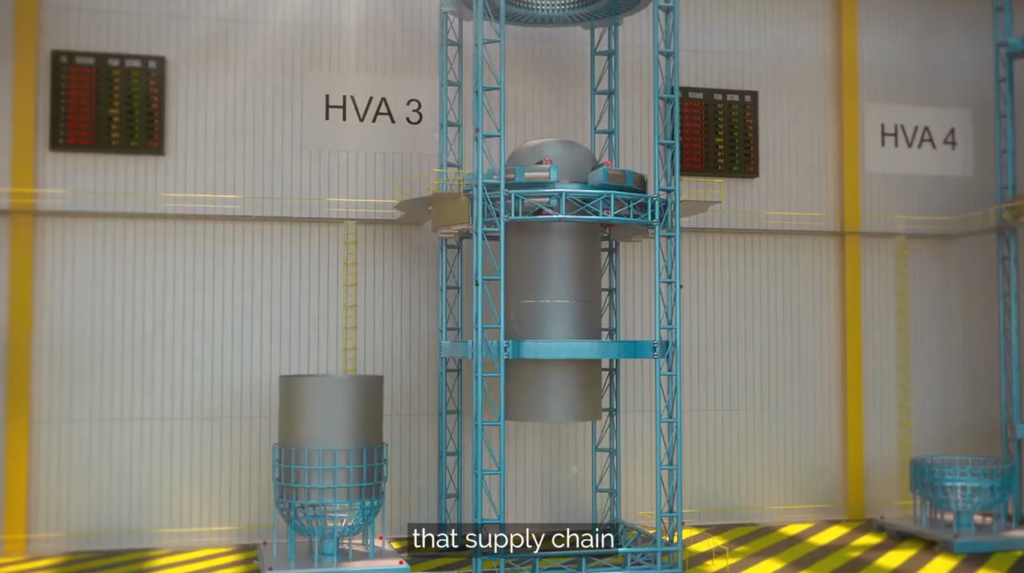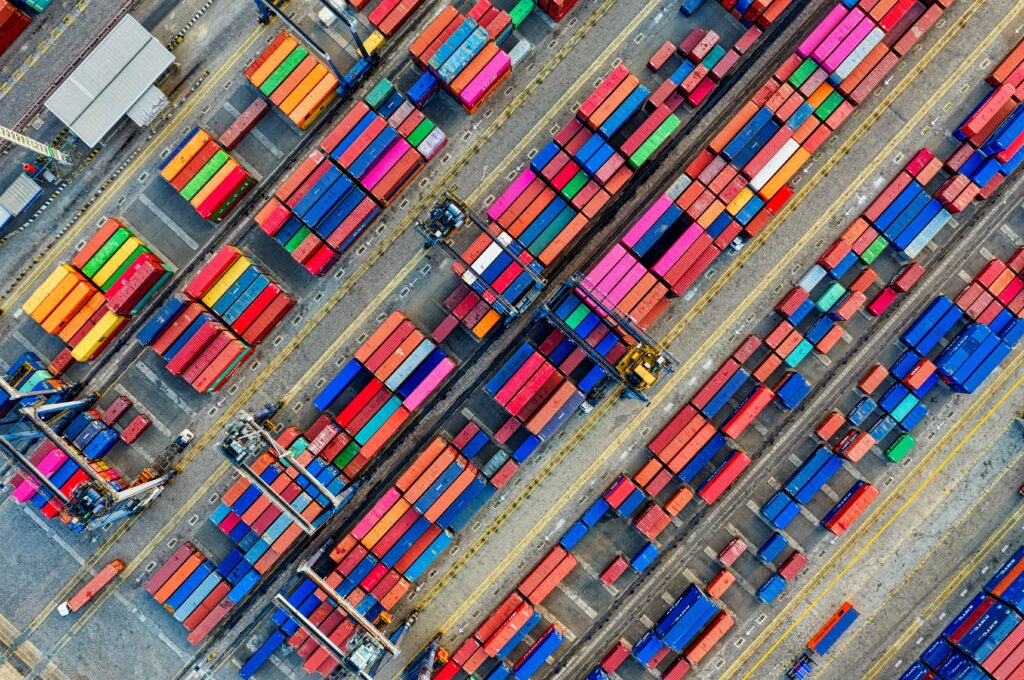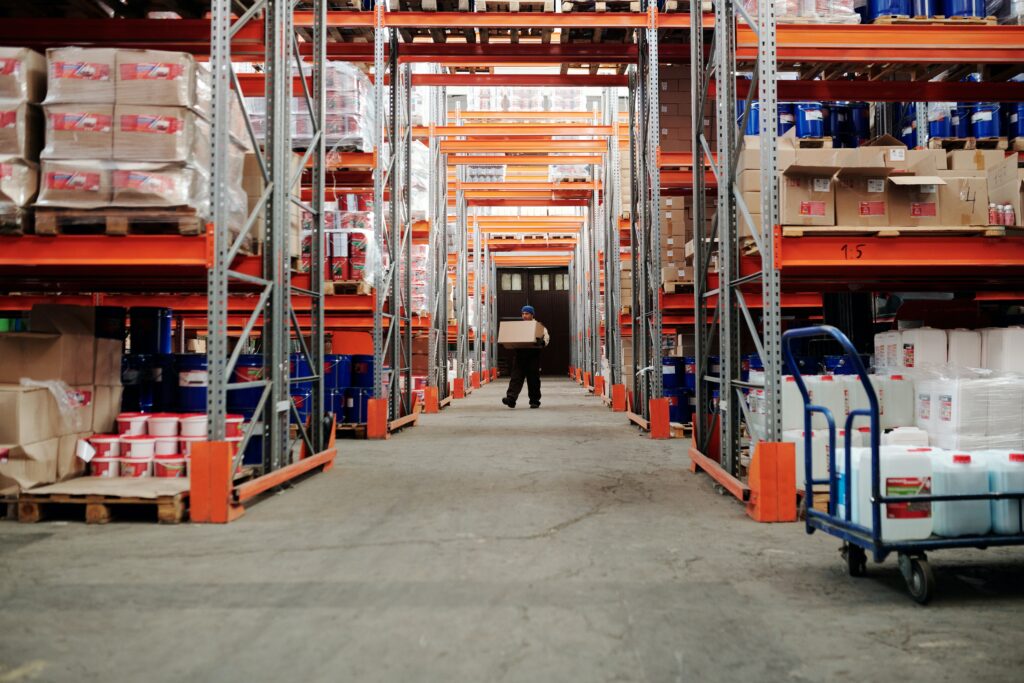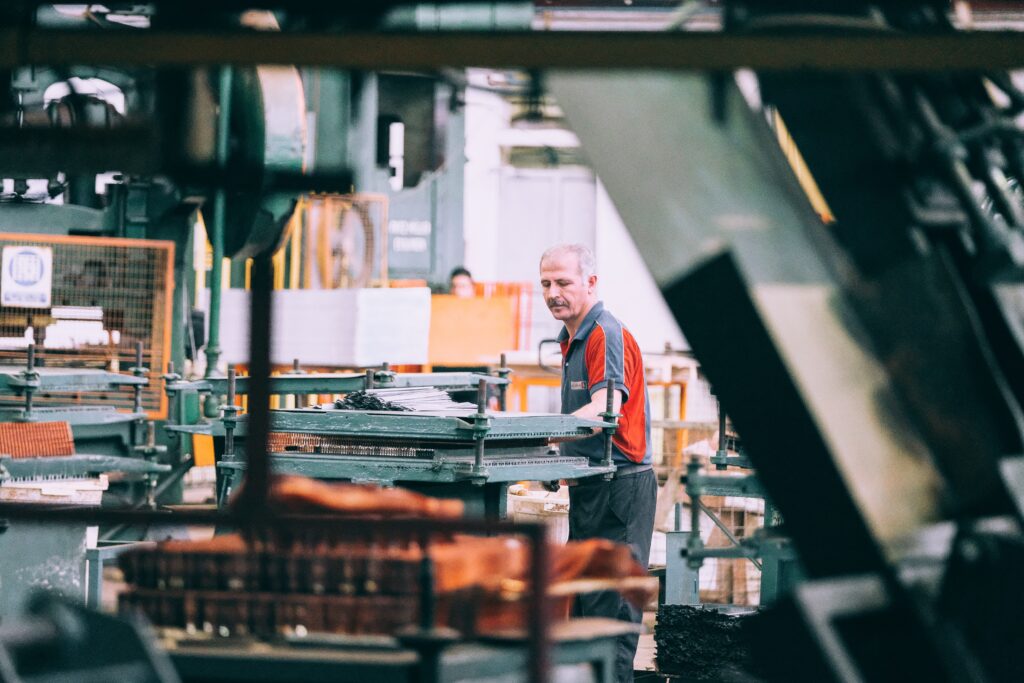Infoculture worked with the sponsors Rolls Royce SMR and the Food Standards Agency to develop a concept framework and model for effective governance of UK supply chain collaboration as part of the Made Smarter Innovation | Digital Supply Chain Hub programme.
Supply chain collaboration refers to the process of establishing and maintaining cooperative relationships and interactions among the various participants in a supply chain, such as suppliers, manufacturers, distributors, retailers, and customers, in order to achieve common goals and optimise the overall performance of the supply chain. Supply chain collaboration involves sharing information, resources, and risks, and working together to plan, execute, and monitor the various activities that make up the supply chain.
Effective supply chain collaboration can bring many benefits to the participants, including:
- Improved visibility: Collaboration enables participants to have greater visibility and transparency into the supply chain, including the demand, inventory, production, and delivery processes.
- Enhanced efficiency: Collaboration can lead to more efficient and effective allocation of resources, improved coordination, and reduced duplication of efforts, resulting in cost savings and increased productivity.
- Faster response times: Collaborating partners can respond more quickly and effectively to changes in demand, supply, or market conditions, resulting in improved customer service and reduced lead times.
- Reduced risks: Collaboration can help to identify and mitigate risks, such as supply disruptions, quality issues, or compliance violations, and to develop contingency plans to minimise the impact of unexpected events.
- Innovation: Collaboration can foster innovation and continuous improvement, by encouraging the exchange of ideas, best practices, and feedback among the participants.
To achieve effective collaboration, supply chain participants must establish clear goals, roles, and responsibilities, and establish effective communication channels and governance structures. Collaboration also requires a high level of trust, mutual respect, and willingness to share information and resources. Tools and technologies, such as collaborative platforms, data analytics, and supply chain visibility systems, can also support and enhance supply chain collaboration.
Watch the video to hear from the team how the project went.




